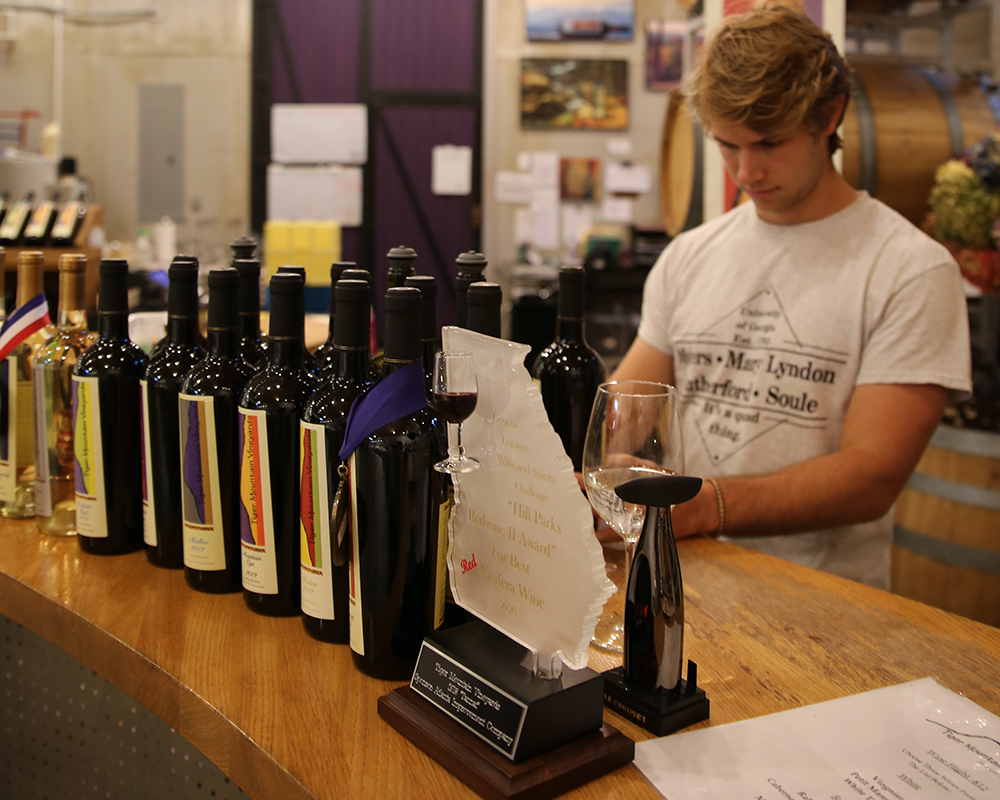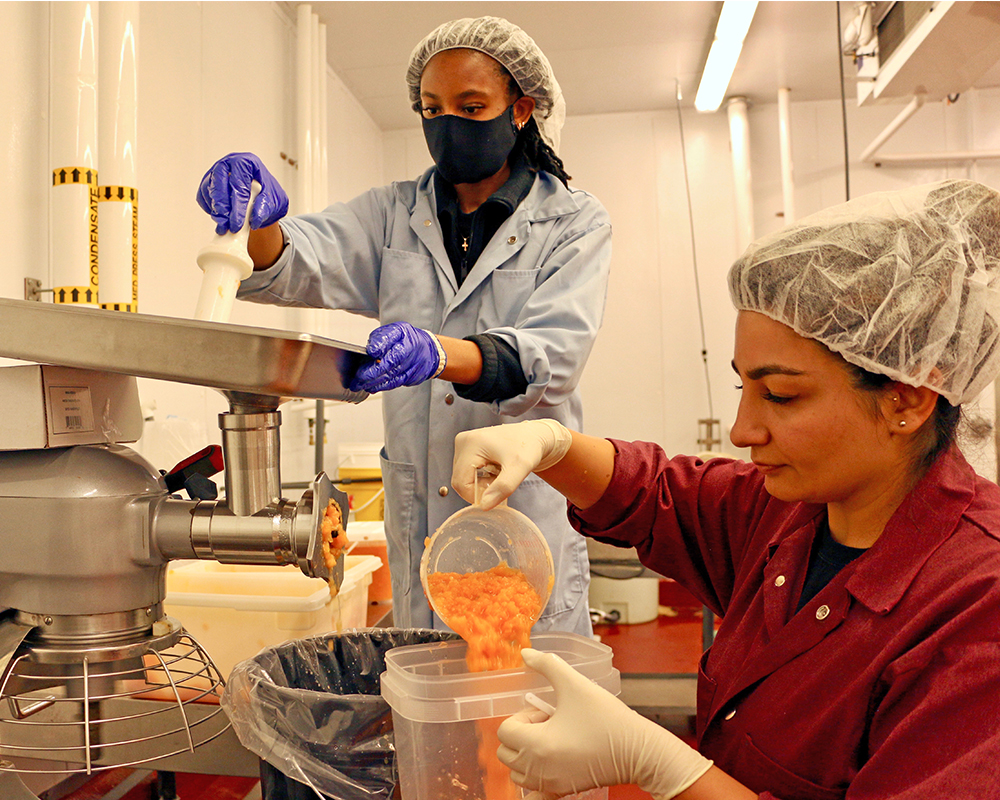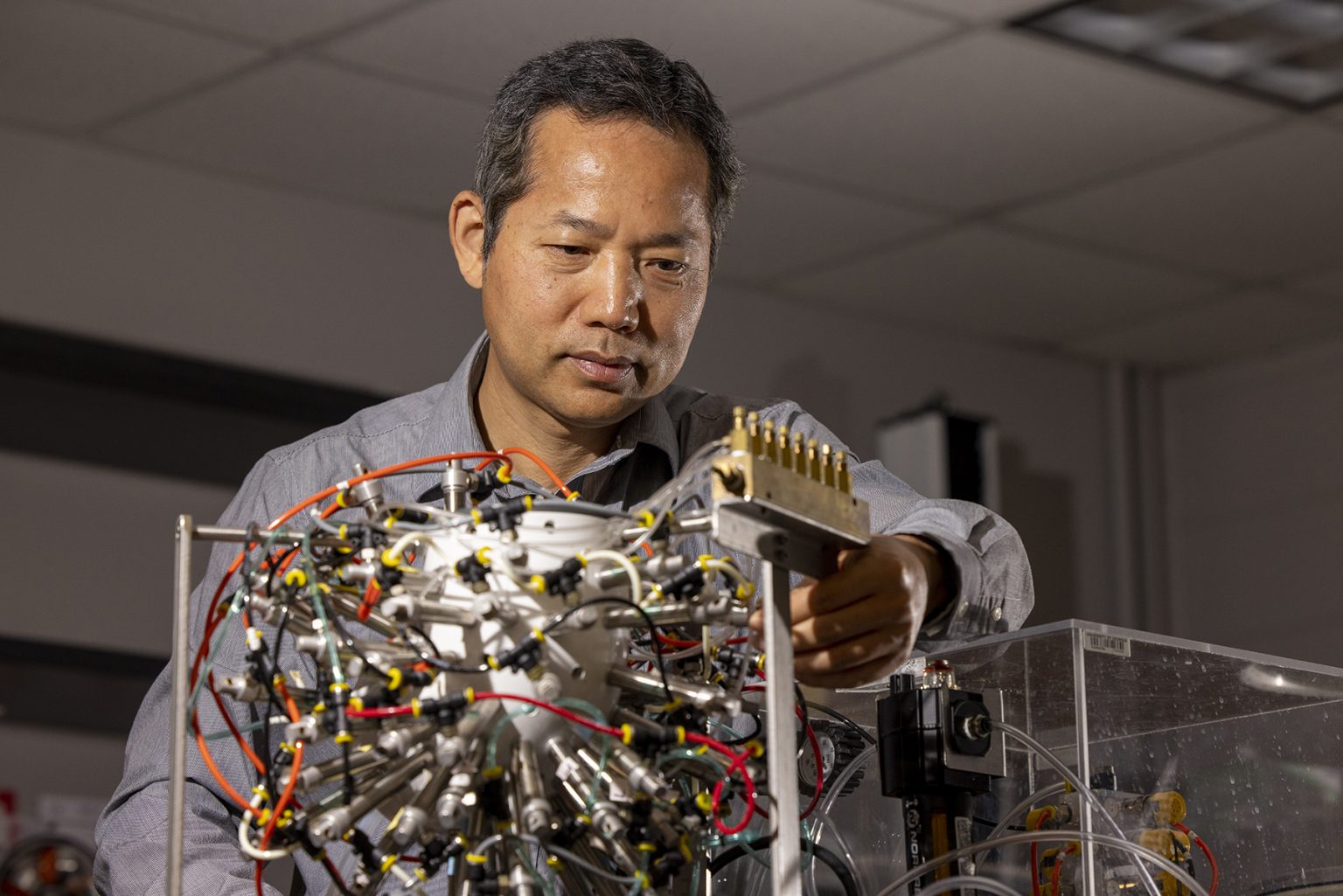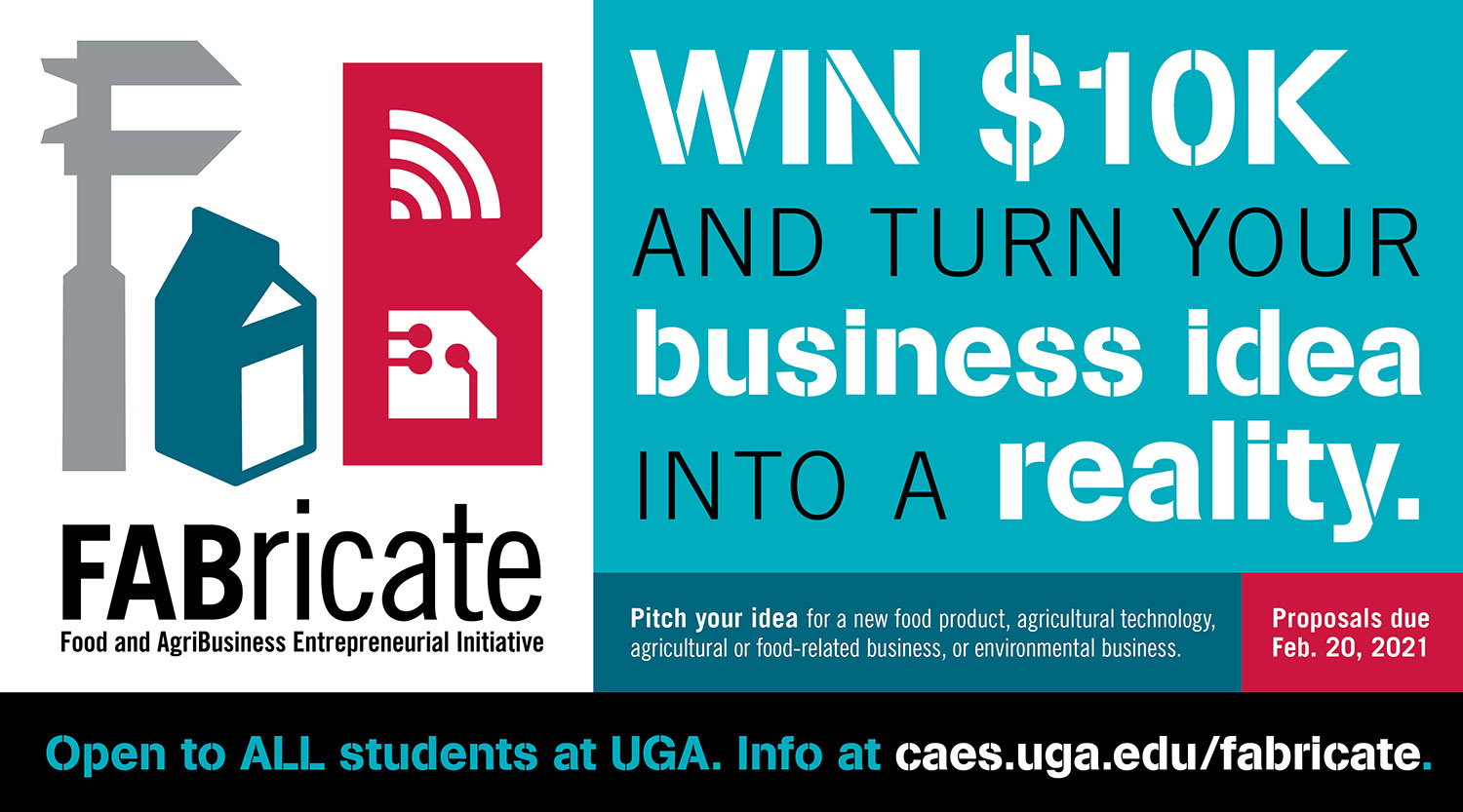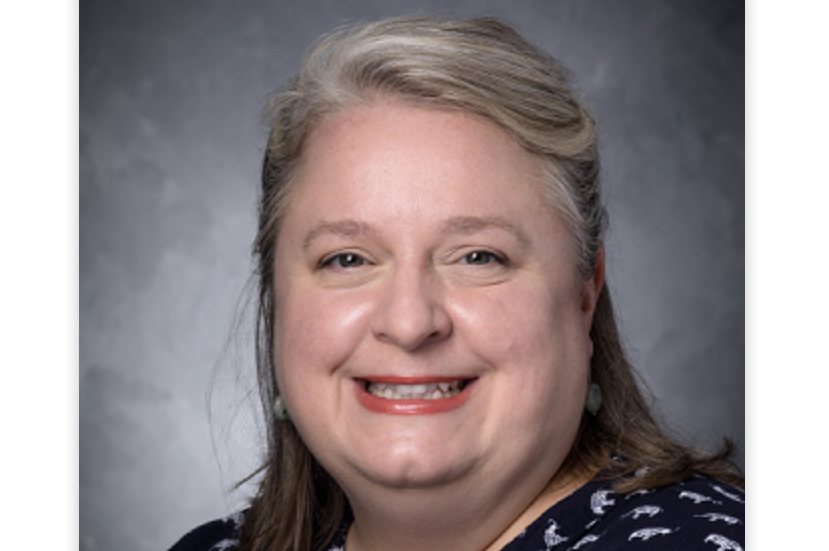 CAES News
CAES News
Microbial Risk Assessment
At the University of Georgia, Faith Critzer’s research focuses primarily on food safety in fresh produce, and in particular, mitigation of the pathogens that can cause outbreaks of foodborne illness. Her expertise in this critical area of research earned her a position on the Joint Food and Agriculture Organization (FAO) and World Health Organization (WHO) Expert Meeting on Microbiological Risk Assessment.

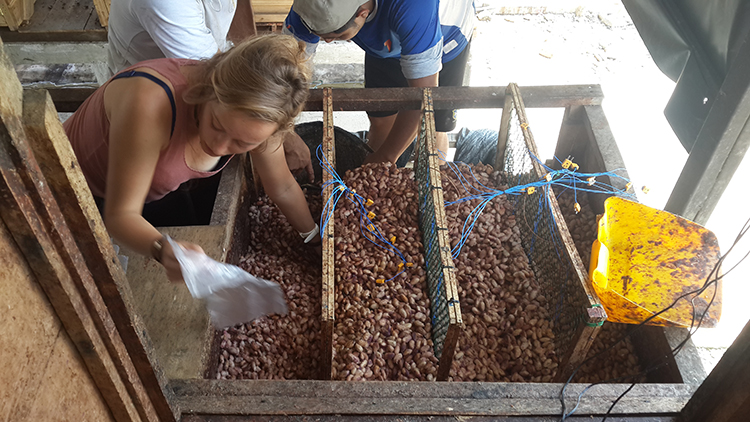

.png)
